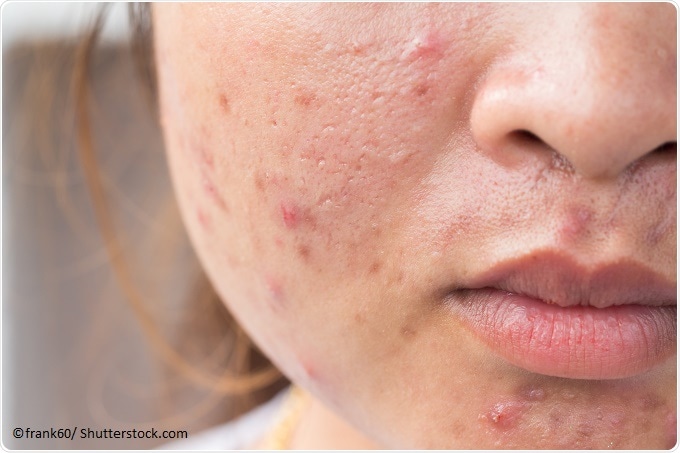Acne is a common skin condition that affects people of all ages, but not all forms of acne are created equal. While many individuals can manage occasional breakouts with over-the-counter treatments, certain types and patterns of acne may require professional medical attention. Understanding when to see a dermatologist is key to preventing long-term skin damage and finding effective relief.
1. Deep, Painful Acne: Cysts and Nodules

If you’re experiencing large, inflamed, and painful bumps beneath the skin — known as cysts or nodules — it’s time to seek medical care. These types of acne lesions develop deep within the skin and often don’t come to a head like smaller pimples. They can linger for weeks, cause significant discomfort, and often leave behind scarring if not treated properly.
Dermatologists can offer treatments that are not available over the counter, such as cortisone injections, oral medications, and topical retinoids, which reduce inflammation and prevent new lesions from forming. In some cases, they may also recommend hormonal therapy or isotretinoin (commonly known as Accutane) for severe, treatment-resistant acne.
2. Persistent Acne That Doesn’t Respond to Treatment

For some, acne doesn’t go away with time — or treatment. Persistent acne refers to cases where the skin condition continues for months or years, despite the use of standard drugstore remedies. It can involve a combination of whiteheads, blackheads, papules, and pustules, and often worsens during stress or hormonal changes.
This type of acne can be both physically uncomfortable and emotionally draining. If your acne keeps returning, spreads, or worsens, a dermatologist can perform a skin assessment, possibly run lab tests (like hormone levels), and tailor a regimen that fits your specific skin needs.
3. Late-Onset Adult Acne
While acne is typically associated with the teenage years, many adults — especially women — experience late-onset acne for the first time in their 20s, 30s, or even 40s. This can be particularly frustrating for individuals who had clear skin during adolescence.
Adult acne is often hormonal, linked to changes in estrogen, testosterone, or stress-related cortisol. It frequently appears on the lower face, jawline, and neck, and may coincide with the menstrual cycle. Dermatologists are trained to recognize patterns of hormonal acne and can prescribe targeted treatments such as spironolactone, oral contraceptives, or androgen blockers that are not typically used in teen acne cases.
4. Acne That Leaves Scars or Causes Skin Discoloration

If your acne is leaving behind dark spots, hyperpigmentation, or pitted scars, it’s essential to consult a dermatologist as early as possible. Scarring is often a result of inflamed acne that isn’t properly treated — and while scars can be permanent, early medical intervention can help reduce their severity or even prevent them.
A dermatologist might recommend chemical peels, laser therapy, microneedling, or prescription creams containing retinoids and hydroquinone to promote healing and even out skin tone.
5. Acne That Affects Mental Health or Self-Esteem

The emotional toll of acne is very real. Countless studies have shown that moderate to severe acne can lead to anxiety, depression, low self-esteem, and even social withdrawal. If your skin condition is affecting your mental well-being or daily confidence, don’t hesitate to seek help.
Dermatologists not only offer solutions for your skin but can also work in collaboration with mental health professionals to ensure your emotional health is cared for alongside your physical treatment.
Conclusion: Don’t Wait — Take Control of Your Skin Health

Acne is more than just a cosmetic issue. It’s a medical condition that, when left untreated, can have long-lasting effects on your skin and your confidence. Whether you’re dealing with painful cysts, stubborn adult acne, scarring, or emotional distress, a board-certified dermatologist has the expertise and tools to help.
Early treatment can make all the difference — in your skin’s health and your overall well-being.